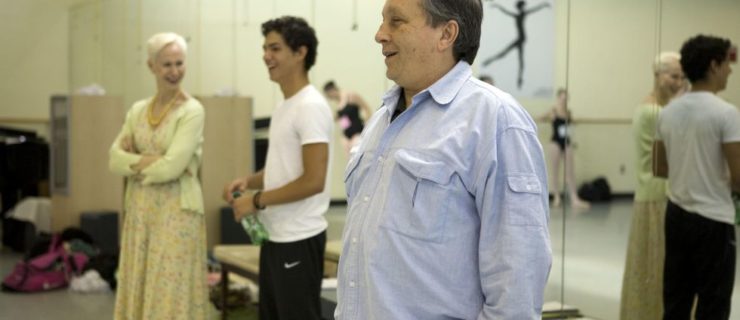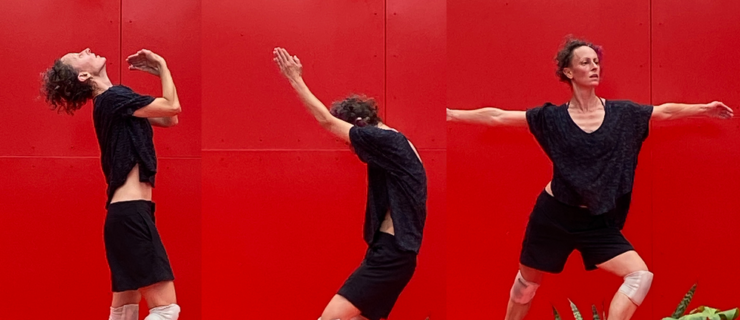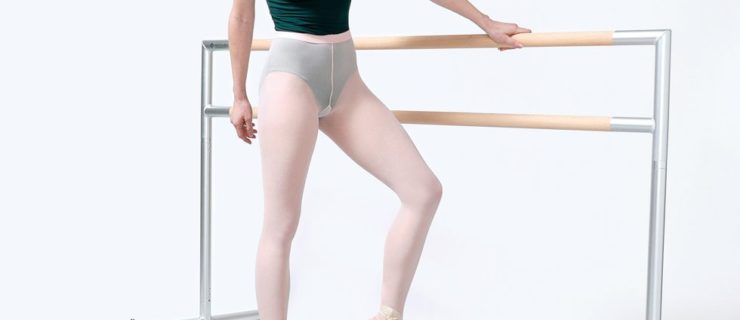Get More Out of Your Dance Degree—Whether You’re on Campus or Not
When Rose Conroy-Voza entered Rider University in 2016, she thought all she needed to focus on was her dance classes. But the 2020 graduate found herself cherishing experiences outside of the studio—memberships in upwards of 10 clubs, an on-campus job and meaningful connections with her professors. “As I was introduced to all these different opportunities,” she says, “I realized that there is so much more that dancers could have.”
Just because you got into a great dance program does not mean you are getting everything you possibly can out of your college education. Whether you’re online or on campus this semester, there’s an abundance of resources available. All you need to do is figure out how best to take advantage of them.
Work With Your Professors
Your professors are there for you, and not just during class time. Meet—or set up a video chat—with them during office hours to let them know your goals and interests. They may be able to work with you independently. “It can lead to great things,” says Rider University associate professor Kimberly Chandler Vaccaro. “One faculty member was able to offer dance education internships. I just presented on the Dance and Sustainability Project, which uses dance to bring awareness to climate change, with senior Gabriella A. Boes at the National Dance Education Organization. We’ve had other students volunteer with our kinesiology professors and get involved in published studies.”
Kristin Deiss, commercial dance chair at Hussian College Los Angeles (formerly Studio School), suggests offering yourself as a resource: “Offer to intern. Offer to shadow for a day. Offer to take on tasks they need help with,” she says. “You can learn so much by watching experts.” In addition to your full-time professors and adjuncts, consider reaching out to guest choreographers, too.
Take Advantage of Tutoring Services
Tutoring is one of the best ways to boost your academic skills outside the studio. “A lot of kids feel like it’s failure to use these services, but they can use them to great effect,” says Vaccaro. “I mean, you’re paying for them already.” What do you have to lose?
This can be especially helpful with written work. See if your school has a writing center (spoiler alert: most do!). Getting feedback on your research papers and essays today will serve you well in the future. “I love to remind students that writing skills are essential as artists,” says Mila Thigpen, chair of dance at Boston Conservatory at Berklee. “As professionals, they will be writing resumés, completing grant applications and writing artist statements. Text has just as much importance in the world.”
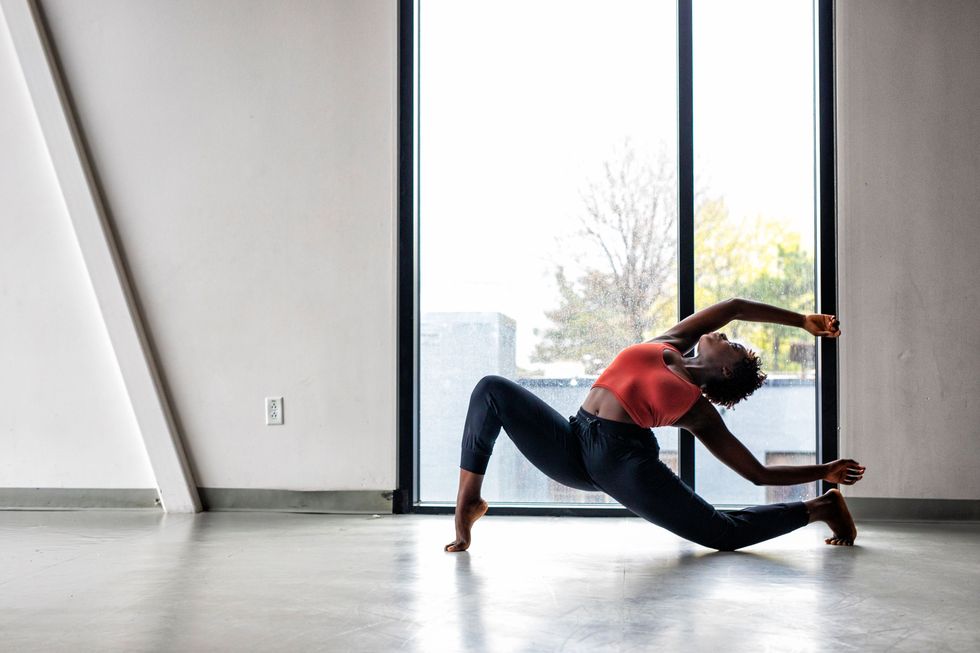
Consider a Campus Job
Conroy-Voza values her time working on campus as a community assistant, in which she supervised students living in one of the residence halls. “I learned how to talk to people and navigate difficult situations,” she says. “People skills are definitely something a dancer needs.”
Visit the Career Center
If your dance program doesn’t offer a career prep course on how to create a resumé, website and portfolio, and how to market yourself, the career center will be able to advise you on almost all of those topics.
Ask a Librarian
Most every student has used the campus library, but not all realize just how valuable a resource the actual librarians are. Thigpen encourages her students to make friends with them. “The way they think about research isn’t just limited to books. They can help find vintage film or other creative resources,” she says. If you’re choreographing about a moment in history, for instance, librarians can help you find ample material on your topic. “Our artist selves and our scholar selves can inform each other,” says Thigpen. And that mode of thinking can last long past graduation.
Visit the Wellness Center
Health and wellness resources are some of the fastest growing programs at colleges today, offering appointments with physical therapists, athletic trainers, counselors and other experts. “Destigmatize stress and anxiety,” says Vaccaro. “If you have a strained emotional state, why wouldn’t you go see someone?”
Sophia Bonacorso, a recent University of North Carolina School of the Arts graduate, appreciated being able to have an ice bath after technique classes at her wellness center and found it helpful to talk with a nutritionist. “Don’t be afraid to use the resources around you,” she says. “It’s a rigorous program. You will hurt. You will be sore.” Learn what kind of self-care works best for you while you have easy access to these kinds of services.
Join a Club
Conroy-Voza enjoyed being a part of Rider’s dance team, a green activist group and a student film advisory board, among other organizations, while she was in school. “There’s so much to do and I’m paying so much money,” she says. “Why would I not do as much as I can?”
Being a part of a dance team or club that isn’t part of your required curriculum can provide extra performance and choreographic opportunities. It’s also a chance to delve into styles you’re not taking class in, and possibly dip your toes in arts administration or other behind-the-scenes work.
Branch Out
Taking classes outside of your dance curriculum can help you develop valuable life skills that will serve you in the long run. Thigpen suggests looking into a double major or a minor that can support a dance career, like business, technology or film. “I also encourage learning a second language as we become increasingly globally connected,” she says.
Collaborate With Peers
One of the best ways to network, build your resumé and expand your interests is to work with peers in other departments. Choreograph a dance to a student’s composed music. Offer to be an extra in a student film. Bonacorso recalls having a blast participating in a musical theater production. “Surround yourself with as many artists as you can,” she encourages.
And go see what students in other departments are producing. Pittsburgh Ballet Theatre artistic director Susan Jaffe, who served as the dean of dance at UNCSA for eight years, says, “Go see what the other schools are doing so that you get a wider experience.”
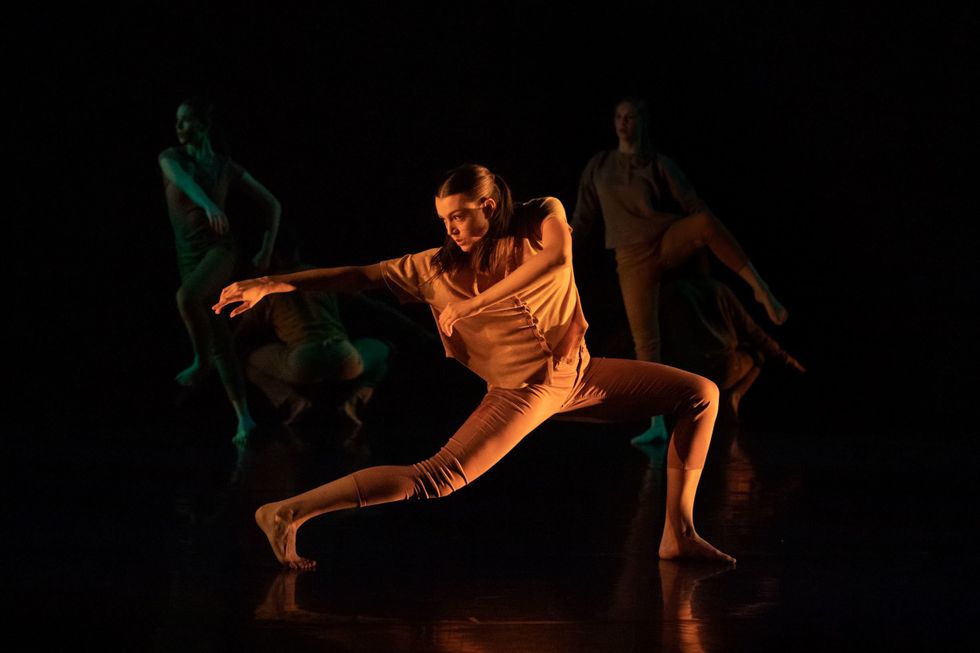
See Every Interaction as a Networking Opportunity
One of the greatest opportunities you can have as a dance major is working with guest choreographers. Rather than looking at these as one-off experiences, see them as potential career boosters, or “mini internships,” as Thigpen likes to call them. Jaffe recalls bringing in Ballet Nuremberg director Goyo Montero to work with UNCSA students. One student who fell in love with his work asked Jaffe to connect the two of them. That student was later hired by Montero.
Don’t overlook your fellow students. “These people are the ones that you’ll be working next to when you graduate,” says Deiss. “Be someone people like to be around. Don’t be afraid to talk about your aspirations. You’ll be surprised after graduation who remembers what and who is going to call you.”
But Don’t Forget to Pace Yourself
Taking advantage of the myriad opportunities that come your way makes for a richer college experience, but don’t try to do too much too fast. Former UNCSA dean of dance Susan Jaffe encourages students to take some time to get acclimated to university life before diving headfirst into extracurriculars. “I usually don’t recommend electives at first,” she says. “You’re getting to know people and the culture, and you need time to digest and process. Then, as you go through the years, electives can be incredibly fun.”
Boston Conservatory at Berklee chair of dance Mila Thigpen agrees: “You can do anything, but you can’t do everything,” she says. “Start small. Be kind and patient with yourself. Start with one goal that you’re going to explore.”

